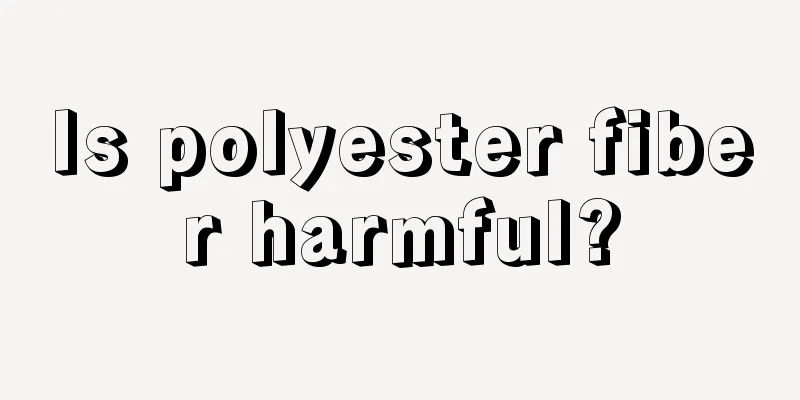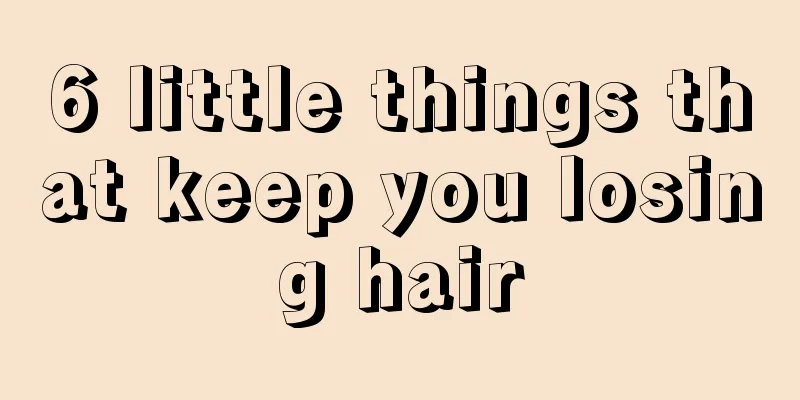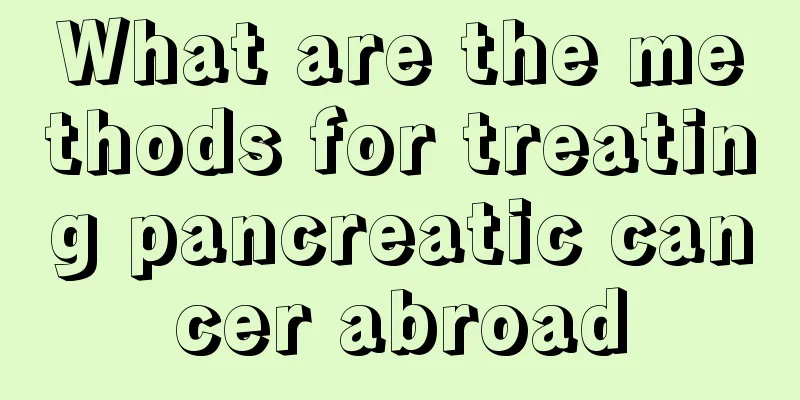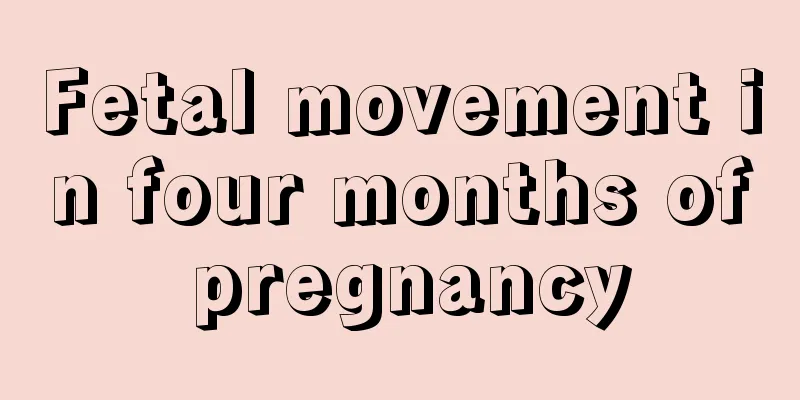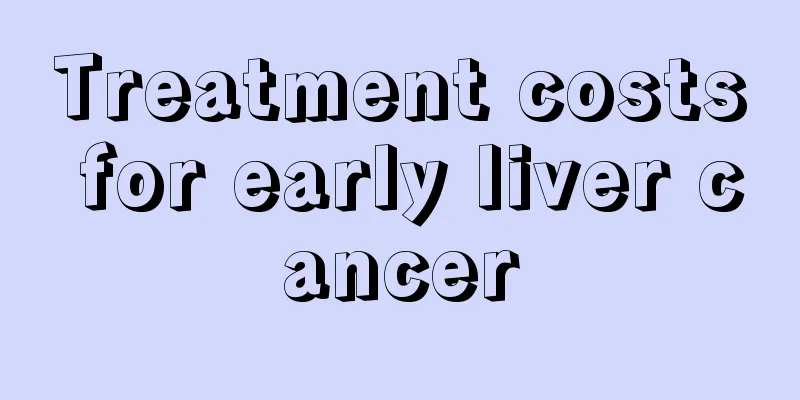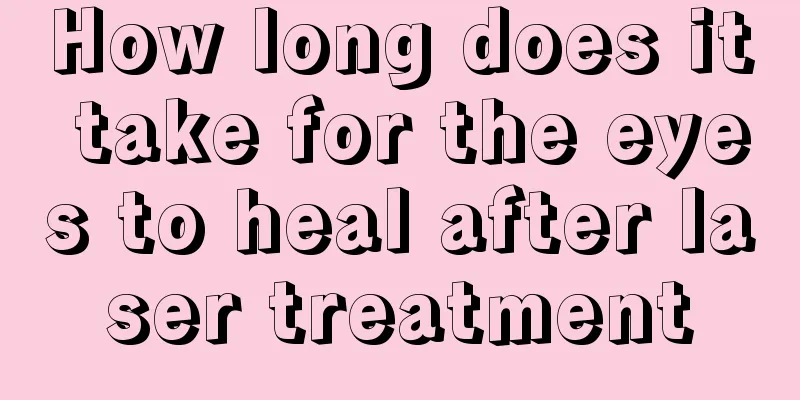Can I have a tooth pulled when I have a fever?
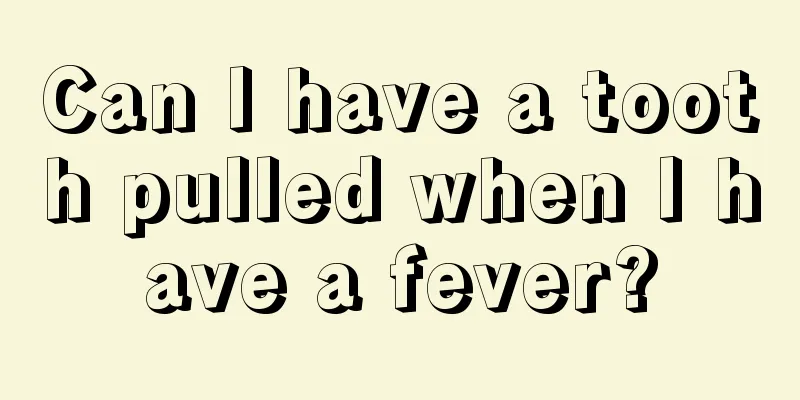
|
Oral inflammation is a common symptom for many people with gum problems. Due to fundamental damage to the gums, there may be a need for tooth extraction, but do not extract teeth immediately if there are signs of inflammation. If the patient has a sore throat, he or she needs to take anti-inflammatory measures before having the tooth extracted, otherwise nerve damage pain may occur during the tooth extraction process. You can't extract a tooth whenever you want. Patients with special conditions are not suitable for tooth extraction. Can I have a tooth extracted if I have a toothache? 1. Infection and inflammation If the toothache is caused by infection and inflammation, it is best not to extract the tooth first. Instead, perform anti-inflammatory and anti-infection treatment, and then let the dentist determine whether the tooth can be extracted. 2. Simple nerve pain If the toothache is caused by heat but there is no inflammation, and it is just simple nerve pain, the tooth can be extracted and it will generally not be affected. However, it is best to have a professional doctor from a regular hospital judge whether the tooth can be extracted. When is tooth extraction necessary? 1. Severe tooth defects caused by trauma, etc. When severe tooth defects are caused by trauma, the tooth can no longer be used normally, and its existence will only be detrimental to health, so tooth extraction is required. 2. Untreatable apical periodontitis and periodontal disease If allowed to develop, untreatable apical periodontitis and periodontal disease will only have adverse effects on health, so this also requires tooth extraction. 3. Crooked wisdom teeth have no effect on chewing, etc. They will only cause constant pain, so they need to be removed. 4. Some teeth are extracted due to the need for dentures and orthodontics. For the sake of beauty, many modern people choose dentures and orthodontics. At this time, tooth extraction is often required to achieve the desired effect. 5. Retained deciduous teeth cannot replace permanent teeth for normal use, and retained deciduous teeth during the tooth replacement period will only affect the eruption of permanent teeth and the development of the jaws, so they need to be extracted. 6. In other cases, when extra teeth, diseased teeth that cause mandibular osteomyelitis or maxillary sinusitis, teeth involved in fractures, etc. have adverse effects on health and cannot be treated and preserved by effective methods, they will need to be extracted. Situations where tooth extraction is not suitable 1. Patients with severe hypertension, heart disease, hyperthyroidism, and some mental and psychological diseases and disorders are not suitable for tooth extraction without supervision. Because tooth extraction is also an invasive surgical treatment, oral surgeons and patients should avoid possible uncontrollable risks during the operation. 2. Bleeding diseases, hepatitis, and diabetes. People with uncontrolled bleeding diseases, hepatitis, and diabetes are not suitable for tooth extraction because bleeding may not stop and the wound may not heal. |
<<: How long can dentures last?
Recommend
What Chinese medicine is good for gastric cancer?
For some patients with early gastric cancer, symp...
Fruits that can help sober you up, eat more of these!
In people's normal lives, they will encounter...
Causes of hair loss
Hair loss is a very common thing. Many people wil...
What are the nursing matters for testicular cancer
In our lives, due to the privacy of testicular ca...
Is MRI a full body examination?
If you have a disease, you should go to the hospi...
Experts will give you a detailed introduction to the advanced symptoms of bladder cancer
Bladder cancer is a common malignant tumor in the...
What are the processes of fracture healing?
Fractures are common in life, especially for the ...
Tips for improving your psychological quality
Psychological quality plays a very important role...
The harm of computers to human body
With the rapid development of science and technol...
Are magnetic pillows harmful to the human body?
Pillows are an inseparable object in our lives. W...
Standards for osteosarcoma examination
I believe everyone is familiar with malignant can...
Is it okay for a newborn baby to sleep in a crib?
When there is a baby at home, parents will prepar...
What are the methods of making soup medicine
There are many kinds of diseases in our lives. Di...
Is a throat tumor serious?
Tumors may grow in any part of the human body. Th...
Axillary lymph node examination order
Axillary lymph nodes do not appear for no reason....
